A portrait of Ennio Morricone, the most popular and prolific film composer of the 20th century, the one most loved by the international public, a two-time Oscar winner and the […]
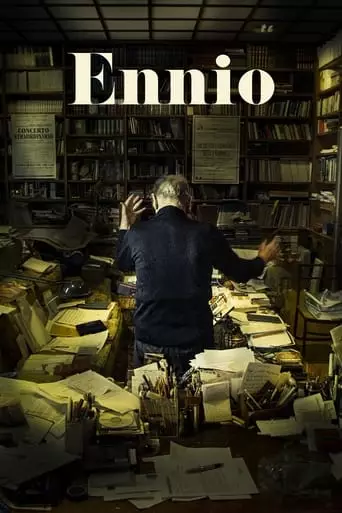
A portrait of Ennio Morricone, the most popular and prolific film composer of the 20th century, the one most loved by the international public, a two-time Oscar winner and the […]
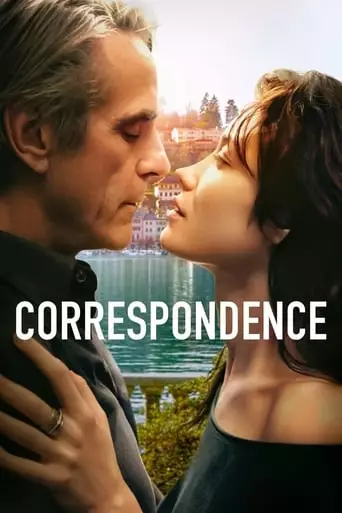
The relationship between Ed, a married astronomer and Amy, his lover, who spend their years apart, is based only on phone calls and texts. One day Amy begins noticing something […]

The adventures and deceptions of a photographer who travels through small villages of 1950s Sicily pretending to work for the big film studios in Rome. The Star Maker (1995), directed […]

Irena, a Ukrainian woman, comes to Italy looking for a job as a maid. She does everything she can to become a beloved nanny for an adorable little girl, Thea. […]
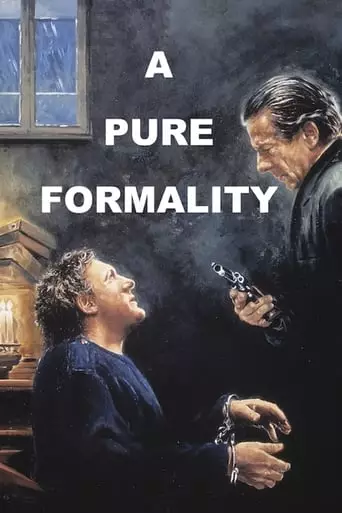
Onoff is a famous writer, now a recluse. The Inspector is suspicious when Onoff is brought into the station one night, disoriented and suffering a kind of amnesia. In an […]
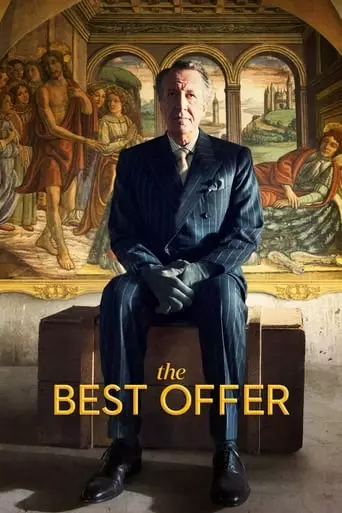
Virgil Oldman is a world renowned antiques expert and auctioneer. An eccentric genius, he leads a solitary life, going to extreme lengths to keep his distance from the messiness of […]
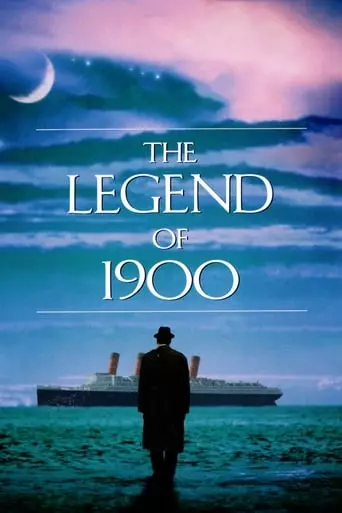
The story of a virtuoso piano player who lives his entire life aboard an ocean liner. Born and raised on the ship, 1900 (Tim Roth) learned about the outside world […]
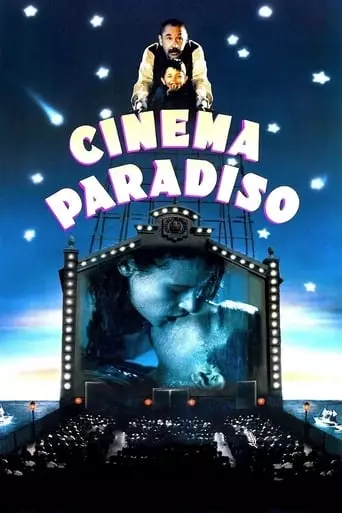
A filmmaker recalls his childhood, when he fell in love with the movies at his village’s theater and formed a deep friendship with the theater’s projectionist. Cinema Paradiso is a […]
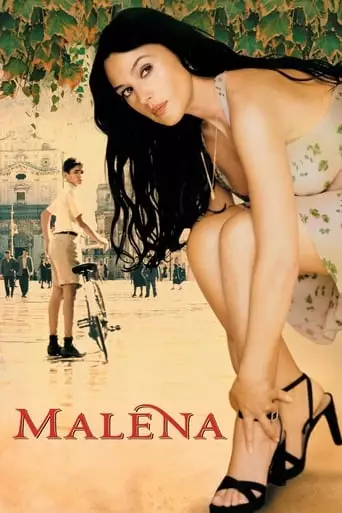
During WWII, a teenage boy discovering himself becomes love-stricken by Malèna, a sensual woman living in a small, narrow-minded Italian town.
Giuseppe Tornatore: The Maestro of Nostalgia and Emotion
Giuseppe Tornatore is an acclaimed Italian filmmaker whose works explore themes of memory, love, and the passage of time. Best known for his Academy Award-winning masterpiece Cinema Paradiso (1988), Tornatore’s films are celebrated for their emotional depth, visual elegance, and ability to capture the human experience. Through his storytelling, Tornatore has become a cherished figure in international cinema, blending personal nostalgia with universal appeal.
Early Life and Entry into Cinema
Giuseppe Tornatore was born on May 27, 1956, in Bagheria, Sicily. Growing up in a small Italian town deeply influenced his work, as the settings and characters of his films often reflect his Sicilian roots.
Tornatore’s passion for cinema began at a young age. He started as a theater director and photographer before transitioning to documentaries, which allowed him to hone his skills in storytelling and visual composition. His 1982 documentary Le Minoranze Etniche in Sicilia won critical acclaim and showcased his ability to delve into cultural and historical themes.
Breakthrough with Cinema Paradiso (1988)
Tornatore’s breakthrough came with Cinema Paradiso, a semi-autobiographical film that pays homage to the magic of movies and the bonds formed through them.
Plot: The story follows Salvatore, a successful filmmaker, who reflects on his childhood friendship with Alfredo, a projectionist in a small Sicilian village. Through this relationship, young Salvatore discovers his love for cinema.
Themes: Cinema Paradiso captures the power of nostalgia, the innocence of youth, and the enduring influence of art on life.
Reception: The film won the Academy Award for Best Foreign Language Film and became an international sensation, touching audiences worldwide with its heartfelt narrative and iconic Ennio Morricone score.
Signature Films
Tornatore’s filmography is diverse, yet his works share a focus on human relationships, memories, and the complexities of time.
The Star Maker (1995):
A poignant tale of a con artist who poses as a talent scout in post-war Sicily, exploiting the dreams of ordinary people.
Themes: Explores ambition, deception, and hope, while offering a critique of societal aspirations.
Accolades: Nominated for the Academy Award for Best Foreign Language Film.
Malèna (2000):
A coming-of-age story about a young boy’s infatuation with a beautiful woman (played by Monica Bellucci) in a small Sicilian town during World War II.
Themes: Examines beauty, gossip, and the hardships faced by women in a patriarchal society.
Cinematography: Renowned for its stunning visuals and another unforgettable score by Morricone.
The Best Offer (2013):
A psychological thriller centered on an eccentric art auctioneer (Geoffrey Rush) who becomes obsessed with a mysterious young woman.
Style: Marked Tornatore’s foray into English-language cinema, blending romance with mystery.
Reception: Praised for its intricate plot and captivating performances.
Baarìa (2009):
An epic family saga spanning three generations in Tornatore’s hometown of Bagheria.
Themes: A deeply personal exploration of Sicilian life, politics, and tradition.
Ambition: Tornatore’s most expansive film, showcasing his ability to weave intimate stories within a grand historical canvas.
Collaboration with Ennio Morricone
A significant aspect of Tornatore’s success is his collaboration with legendary composer Ennio Morricone. The two worked together on several films, with Morricone’s evocative scores elevating Tornatore’s storytelling. From the nostalgic melodies of Cinema Paradiso to the haunting themes of The Best Offer, their partnership was a cornerstone of Tornatore’s cinematic identity.
Themes and Style
Tornatore’s films are united by recurring themes and a distinct visual and narrative style:
Nostalgia: A yearning for the past and its emotional weight is central to his work.
Sicilian Identity: His Sicilian roots often shape the settings, characters, and cultural backdrop of his stories.
Human Connection: Tornatore explores love, friendship, and familial bonds with sensitivity and nuance.
Visual Poetry: His films feature meticulous composition, warm color palettes, and a painterly attention to detail.
Legacy and Influence
Giuseppe Tornatore’s films have left an indelible mark on cinema, resonating with audiences worldwide. He combines the intimacy of Italian neorealism with the grandeur of classical storytelling, creating works that are both deeply personal and universally relatable.
His ability to evoke profound emotions and craft memorable cinematic experiences has inspired filmmakers globally. Tornatore remains a vital voice in contemporary cinema, continuing to explore the themes that define the human condition.
Conclusion
Giuseppe Tornatore’s work stands as a testament to the enduring power of storytelling. Through his poignant narratives, unforgettable characters, and evocative visuals, he invites audiences to reflect on their own lives, memories, and connections. As a director, Tornatore has not only preserved the spirit of Italian cinema but also enriched it with his timeless artistry.